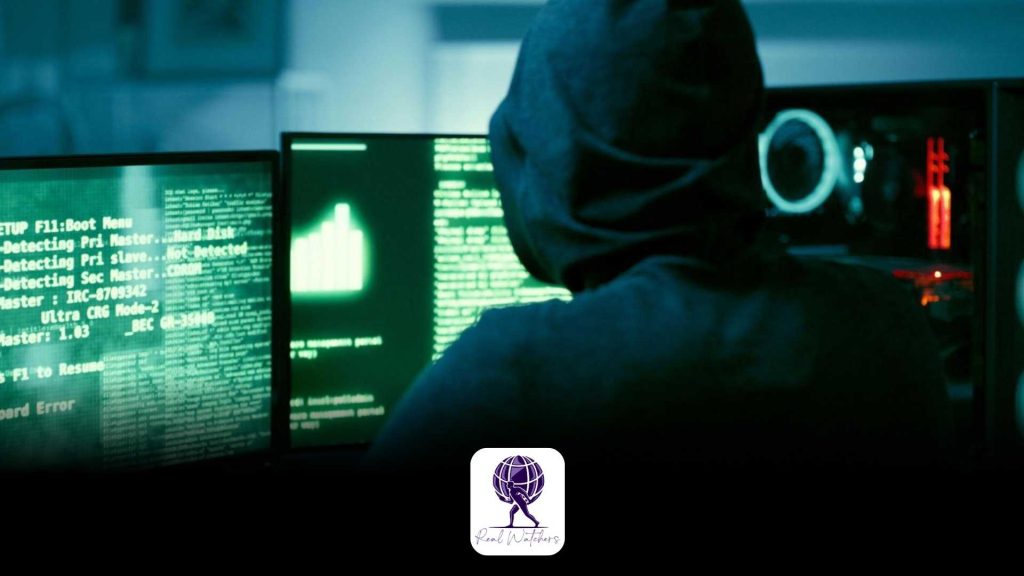A senior minister is set to issue a warning that Russia is prepared to launch cyber attacks against the United Kingdom and its allies, aiming to undermine support for Ukraine.
Pat McFadden, Chancellor of the Duchy of Lancaster and responsible for national security, is poised to address a NATO meeting, warning that the Kremlin may aim at British businesses, potentially leaving millions without power.
The recent statement marks the continuation of a series of alerts regarding Russia’s cyber-warfare capabilities, which McFadden describes as a “hidden war” being conducted against Ukraine.
He is anticipated to highlight Russia’s Unit 29155, which the government claims has been responsible for several attacks in the UK and Europe.
During a speech at the Nato Cyber Defence Conference held at Lancaster House in London, a cabinet minister is expected to caution that “cyber war can be destabilizing and debilitating.” The minister will also characterize the Kremlin as “exceptionally aggressive and reckless” regarding cyber activities.
McFadden will address the potential danger of Russia’s ability to turn off power grids, effectively leaving millions in the dark. He will also highlight the country’s readiness to attack British businesses as part of its harmful objectives.
“In light of the significant hostility observed, my message to members today is unequivocal: the Russian cyber threat to NATO should not be underestimated.” “The threat is real,” he will assert to the assembled NATO allies.
He is expected to assert that hacking groups associated with the Russian government have carried out a minimum of nine distinct cyber attacks targeting NATO countries, including unprovoked strikes on vital national infrastructure.
McFadden’s remarks are part of a growing chorus of alerts about the escalating dangers posed by Russian cyber warfare.
In September, a collaborative defense briefing from Western intelligence agencies alleged that Unit 29155 was responsible for orchestrating attacks aimed at undermining initiatives to support Ukraine in its struggle against Russia’s extensive invasion.
The group is suspected of being responsible for the poisonings of a former Russian double agent and his daughter in Salisbury in 2018.
In the UK, a spate of cyber-attacks targeting multiple councils has unfolded in recent weeks, with some of these incidents reportedly attributed to a pro-Russian hacking group.
Reports indicate that councils in regions such as Middleborough, Salford, Portsmouth, and Tees have been specifically targeted.
In his upcoming address, McFadden is expected to inform the conference that a significant number of these attacks are executed by groups of “unofficial hacktivists” linked to the Kremlin, who are permitted to “operate without consequences as long as their actions do not oppose Putin’s interests.”








